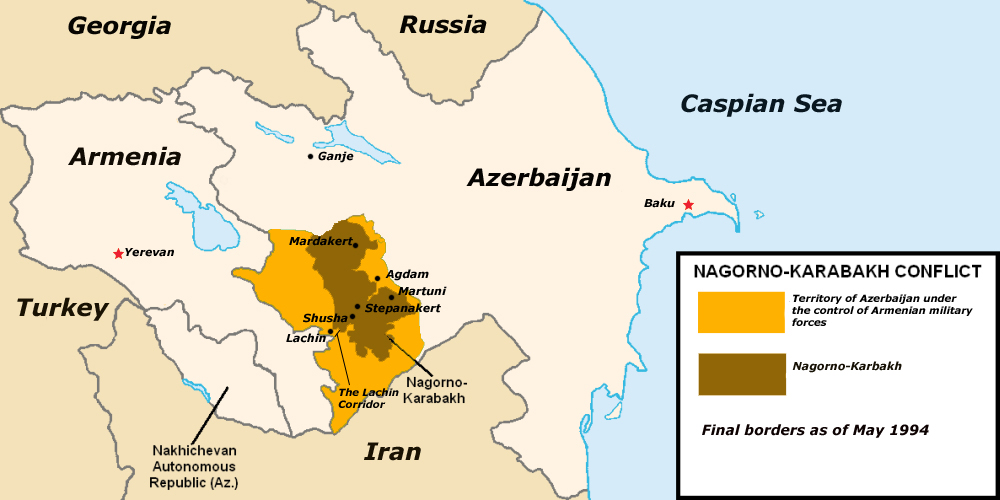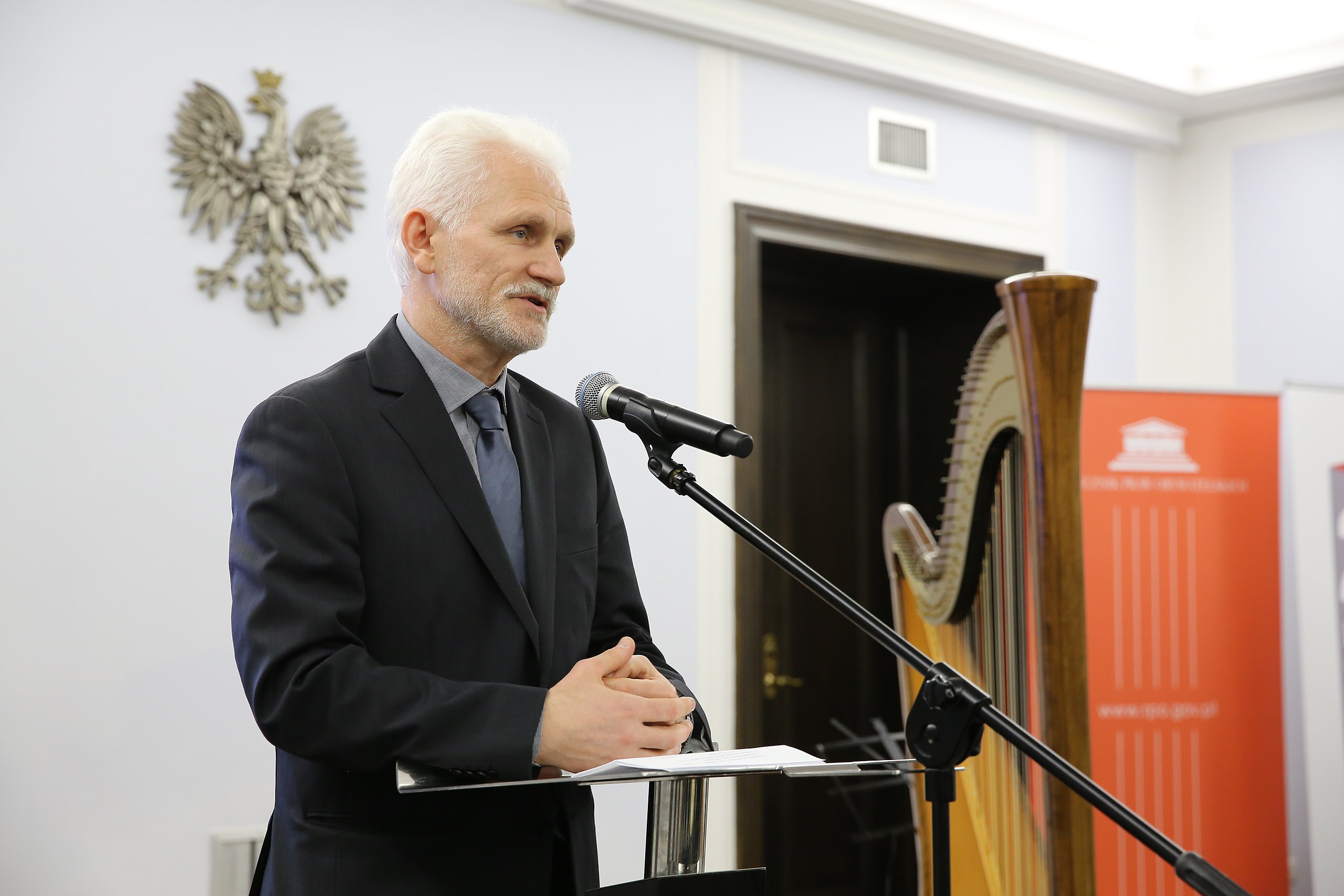By Sarah E. Croco and Jessica L.P. Weeks.
Donald Trump’s presidential campaign has been anything but ordinary. Amidst the wild deviations from the norm, however, aspects of the campaign reflect more traditional political strategies. One such element is Trump’s repeated attempts to blame Hillary Clinton for recent foreign policy failures. And while assigning culpability to one’s opponents in an attempt to ruin their political fortunes is as old as politics itself, our research suggests that Trump’s strategy has significant limitations.
Trump builds his case against Clinton in two ways. First, he reminds voters of her time spent in the Obama administration as Secretary of State and the policy missteps she oversaw while doing so, attempting to link Clinton to issues associated with the Obama administration. Second, he frequently brings up her vote for the Iraq war in 2002. The goal of both of these lines of attack is to assign culpability to Clinton for recent foreign policy fiascos.
As Croco argues in her book, assigning culpability to political opponents is particularly effective in the context of wars. In conflicts, the timelines and outcomes are relatively clear compared to, say, an economic downturn, which is more nebulous in terms of when it started and ended. Foreign policy is also commonly seen as the domain of the executive (and members of his or her political coalition), which reinforces the strategy of using culpability as a political weapon. As we have argued elsewhere (here and here), two types of politicians are likely to be labeled as culpable: executives who were in charge when the war began and anyone from the first leader’s “political faction”(e.g., a person from the first leader’s party, cabinet, or ruling group).
Successfully painting opponents as “culpable” can deal a potent political blow. In her analysis of all warring leaders from 1815 to 2007, Croco finds that culpable leaders are far more likely than their non-culpable counterparts to fall from power after losing a war, and that this effect is especially pronounced in democracies. We build on this finding by examining how culpability interacts with a leader’s vulnerability to determine the effects of war outcomes on leader tenure. We find that culpable democratic leaders will have a tenuous grasp on office in the wake of losing a war. Non-culpable democratic leaders who lose wars, by contrast, face no greater risk of losing office than leaders who remain at peace.
Given the negative consequences of being culpable for foreign policy failures, it makes sense that Donald Trump is trying to tarnish Clinton by linking her to unpopular policy decisions under the Obama administration. Tying Clinton to Obama works because it is difficult for Clinton to credibly distance herself from the incumbent. They are of the same party, and she served in his administration as the chief foreign policy officer. These multiple connections make her culpability clear. This line of attack, in other words, has some damage potential.
Trump’s second strategy – making Clinton appear culpable for the war in Iraq based on her vote in 2002 – however, is much less effective. In the second debate, for instance, Trump claimed if he were president, Captain Humayun Khan – who died in the line of duty in Iraq – “would be alive today because, unlike [Clinton] who voted for the war without knowing what she was doing, I would not have had our people in Iraq.”
This approach fails for a number of reasons. First and foremost, George W. Bush was in power when the war began in 2003. If anyone is culpable for the war, it’s him. Congressional Republicans are also culpable given their shared partisan ties. As Croco demonstrates, it is this partisan connection, much more so than the act of voting for the war, which makes leaders appear culpable in the eyes of the public. Politicians outside the first leader’s party who vote for the war bear legal responsibility, of course. Yet, they are often able to shake off the political consequences of culpability by claiming that they were either misled by the executive or were not privy to important information (as many Democrats did in the run-up to the 2006 election).
Underscoring Clinton’s vote for the war was an effective tactic for Obama in 2008, but only because Clinton was more culpable than him by comparison. Because Obama was not in the Senate in 2002, and therefore never formally voted on the war, his track record was clean. This lack of culpability, paired with a speech he made against the war in 2002, gave him the power to make Clinton look more culpable for a war that was very unpopular among Democratic primary voters.
Trump does not have this political ace up his sleeve. While he also never voted for the war, unlike Obama, he does have a public track record of supporting the war, a point that Clinton has emphasized during all three debates. This fact robs Trump’s attack of the potency Obama’s had since it begs the question of how his show of support was different from Clinton’s. Indeed, at the first debate moderator Lester Holt pushed Trump to explain the difference between his and Clinton’s support for the war.
In sum, while Clinton’s decisions as Secretary of State were not without negative consequences, invoking her vote for Iraq – the same tactic that served Obama so well in the 2008 primaries – was a bridge too far. Focusing on decisions for which Clinton was clearly culpable and for which he had no history of supporting himself would have been a much easier, and more successful, path for the GOP nominee. Trump’s earlier endorsement of the war made it difficult for him to draw a clear distinction between himself and Clinton on one of the biggest issues in American foreign policy – as a result, Trump spent too much time barking up the wrong tree.






